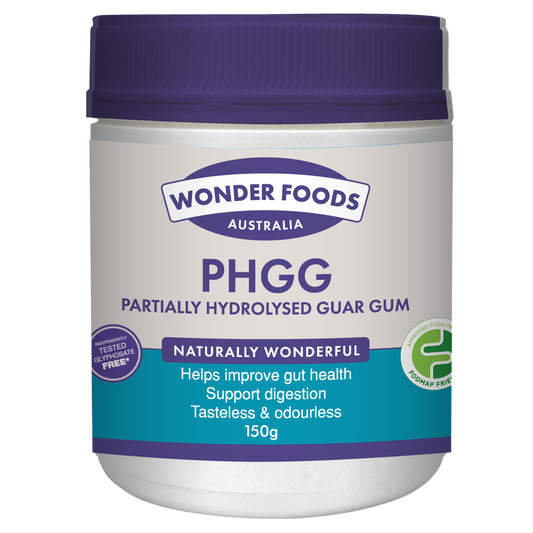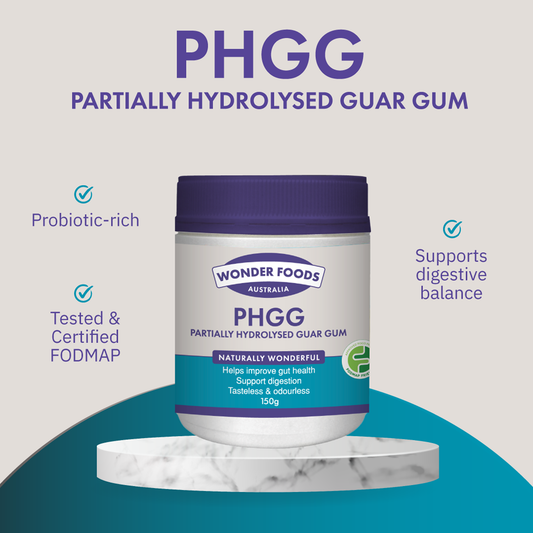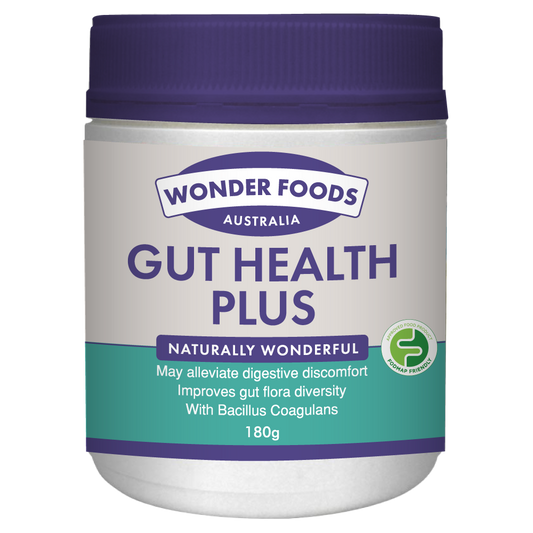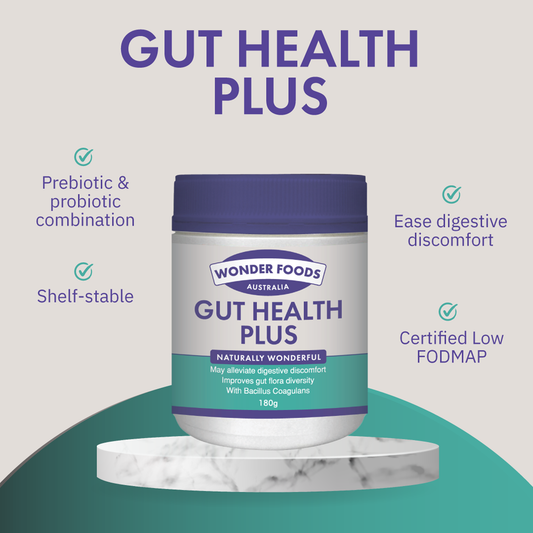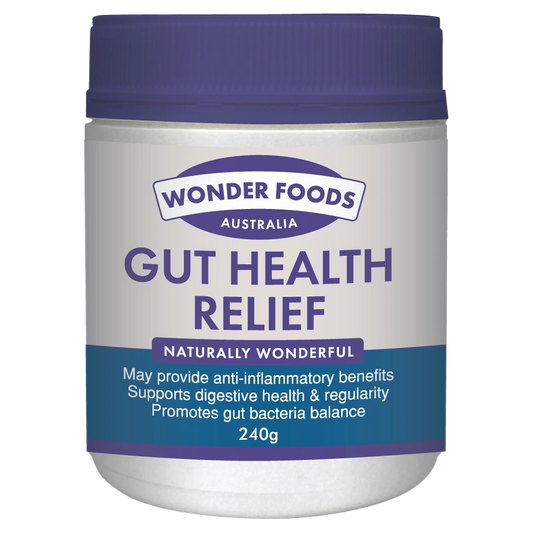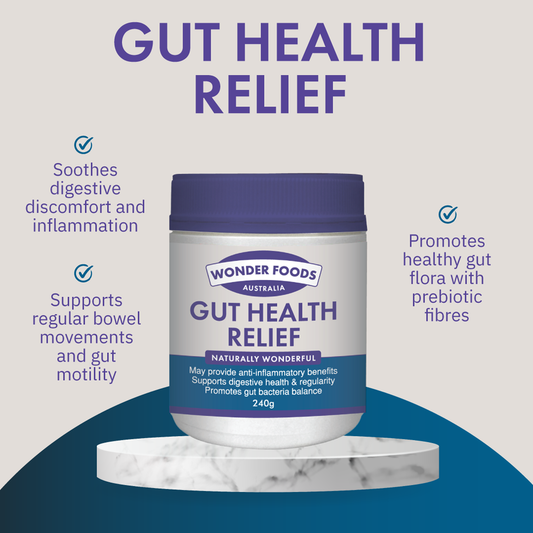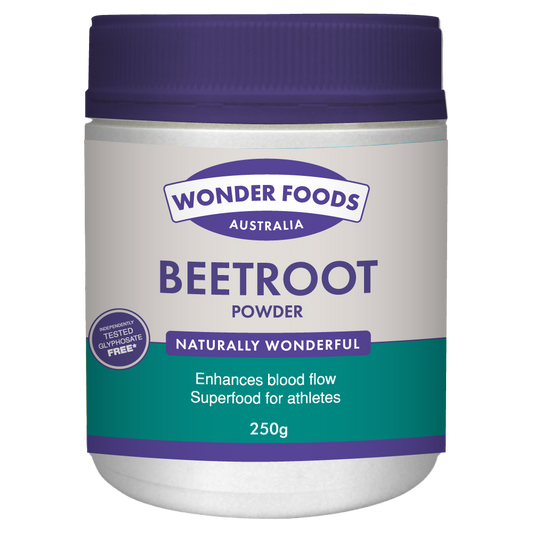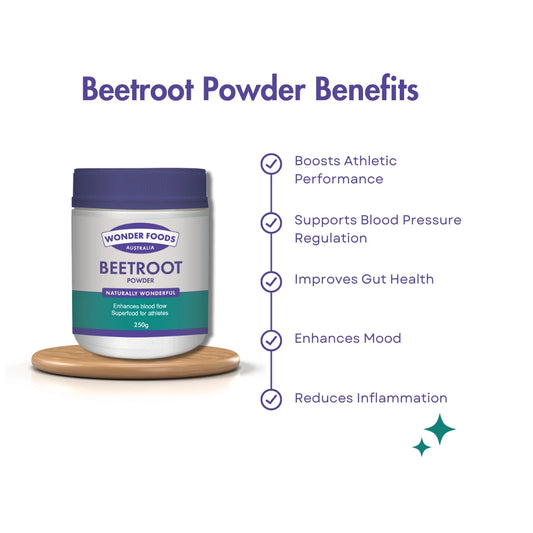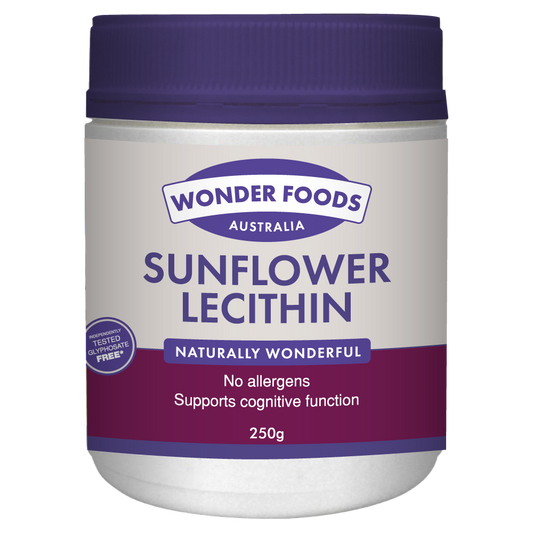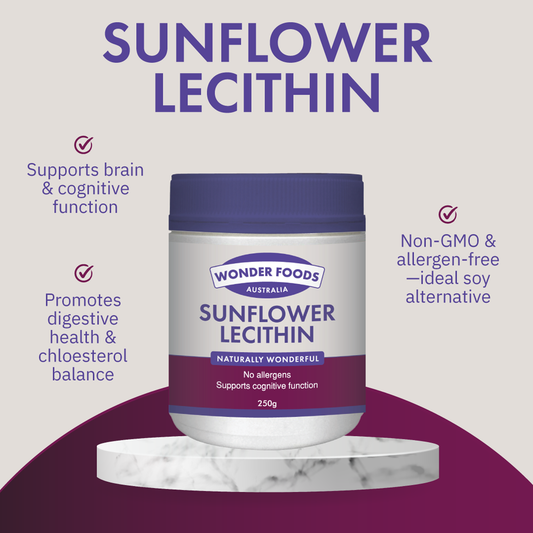
Menopause and Creatine
Menopause marks a significant transition in a woman’s life, bringing with it hormonal changes that can impact muscle health, cognitive function, and overall well-being.
While hormone replacement therapy (HRT) remains a common intervention, many women are exploring nutritional strategies to support their health during menopause.
Among these, creatine—a compound often associated with athletes—has emerged as a promising ally.
But how exactly can creatine benefit menopausal you?
What is Menopause?
Menopause occurs when a woman’s menstrual cycles cease, typically between the ages of 45 and 55.
This natural process involves a decline in estrogen and progesterone levels, leading to symptoms such as:
- Fatigue
- Hot flushes
- Loss of muscle mass
- Reduced bone density
- Cognitive challenges (aka 'brain fog')
While these symptoms are normal, they can affect your quality of life.
This is where creatine might step in to provide you support.
What is Creatine?
Creatine is a naturally occurring compound found in small amounts in certain foods like red meat and fish.
It’s stored in muscles and plays a key role in producing energy during high-intensity, short-duration activities.
Emerging research suggests creatine has broader benefits (e.g. for ADHD, particularly for women experiencing menopause.
How Can Creatine Benefit Women During Menopause?
1. Supports Muscle Mass and Strength
Menopause is often accompanied by a decline in muscle mass and strength, a condition known as sarcopenia. This loss isn’t just aesthetic—it can lead to reduced mobility, increased fall risk, and lower metabolic health.
- Creatine supplementation has been shown to improve muscle strength and endurance, particularly when paired with resistance training.
- It helps muscles store and utilise energy more efficiently, combating age-related muscle loss.
2. Enhances Bone Health
Osteoporosis is a significant concern for postmenopausal women due to declining estrogen levels. Bone density decreases, increasing the risk of fractures.
- Research indicates that creatine, in combination with weight-bearing exercises, can enhance bone mineral density and support skeletal health.
- By improving muscle strength, creatine indirectly reduces the risk of falls and fractures.
3. Boosts Cognitive Function
Brain fog and memory lapses are common complaints during menopause. Creatine has shown promise in supporting brain health by:
- Enhancing ATP production (the brain’s energy currency), which may improve cognitive tasks like memory and problem-solving.
- Supporting the brain’s ability to handle stress and adapt to hormonal changes.
4. Fights Fatigue
Fatigue is a hallmark symptom of menopause, often tied to reduced cellular energy. Creatine’s role in energy production makes it a potential solution for combating this.
- Studies suggest creatine supplementation can reduce perceived fatigue, improving overall energy levels and quality of life.
5. May Improve Mood
Mood swings and increased anxiety are often linked to hormonal fluctuations during menopause. Creatine’s ability to enhance energy availability in brain cells may positively affect mood regulation, although more research is needed in this area.
Is Creatine Safe for Menopausal Women?
Creatine is generally considered safe for most individuals when taken in recommended doses (typically 3–5 grams per day). However, menopausal women with underlying health conditions, such as kidney issues, should consult their healthcare provider before starting supplementation.
How to Incorporate Creatine During Menopause
- Start with a Low Dose: Begin with 3 grams per day and adjust based on tolerance.
- Pair with Exercise: Resistance training or weight-bearing exercises amplify creatine’s benefits for muscle and bone health.
- Stay Hydrated: Creatine draws water into muscle cells, so proper hydration is crucial.
- Be Consistent: Creatine works best with daily use over time, rather than relying on intermittent doses.
What Does the Science Say?
Recent studies exploring creatine and menopause highlight its potential:
- Muscle and Strength: Research indicates that creatine improves muscle strength and lean mass in postmenopausal women, especially when combined with resistance training.
- Bone Health: Studies suggest that creatine, in conjunction with exercise, may enhance bone density by improving skeletal muscle forces.
- Cognition: Emerging evidence points to creatine’s ability to enhance memory and executive function, particularly in older adults.
While more research is needed specifically on menopausal women, the existing data is encouraging.
Conclusion
Creatine offers a wide range of potential benefits for women navigating menopause.
From preserving muscle and bone health to enhancing cognitive function and energy levels, it’s a versatile tool that complements a healthy lifestyle.
Whether through diet or supplementation, creatine could be a valuable addition to your menopause support plan.
Wonder Foods offers this post for educational purposes only. Please consult your health practitioner for personalised and specific information.

